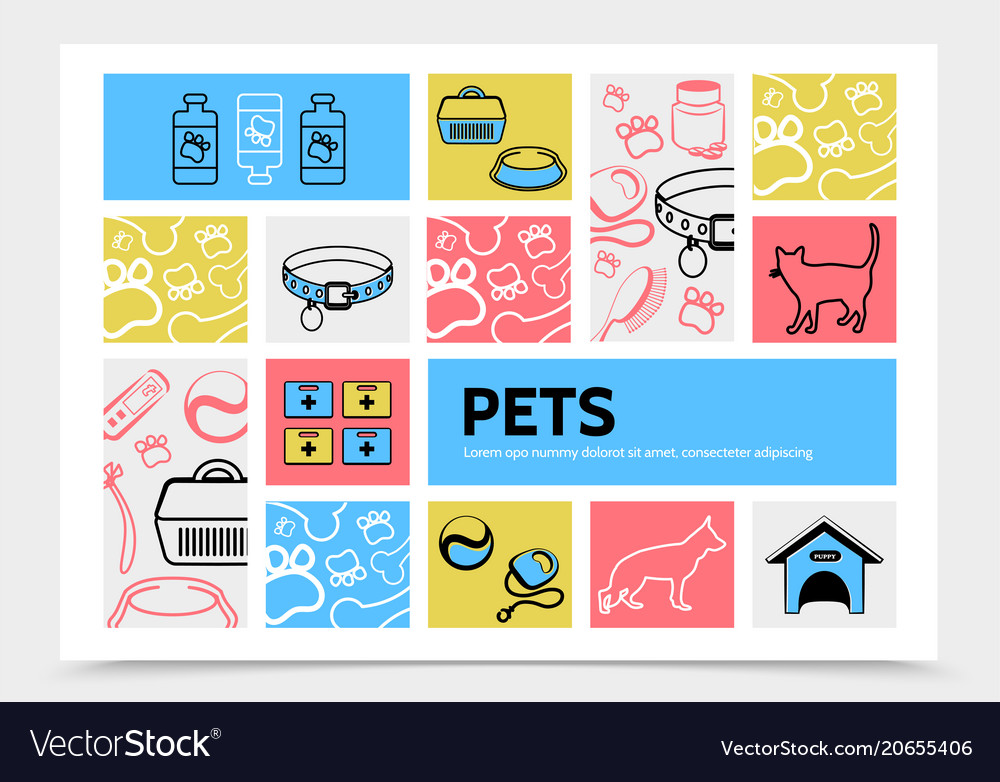Benefits Of Daycare For Solo Dogs
Can Pet Dog Childcare Cause Disease?Chances are that if your pet is on a regular basis subjected to various other pet dogs, even if they're correctly immunized, they might return with some type of illness. Inoculations, routine veterinary check-ups, and great health methods can reduce threat aspects for infection and disease.
Stressed or anxious dogs can develop intestinal issues and other health and wellness problems that are quickly spread out between canines. Establishing age limitations and behavioral policies can assist make sure that just healthy and balanced pet dogs enter your center.
Distemper
Canine distemper is a severe and commonly deadly infection that assaults a pet dog's breathing, digestive system, skin and body immune systems. Pups are specifically at risk and can get the condition via straight contact with a contaminated animal or through the airborne transmission of virus particles produced during coughing, sneezing or breathing.
The incubation period for canine distemper is in between 3 and 7 days. While pups at daycare may seem to capture parvo from an additional contaminated pet dog, it's unlikely because the incubation period is so short.
While there is no treatment for canine distemper, encouraging care can aid pets recoup. This consists of liquids, prescription antibiotics and medicines to control seizures. The Drake Center for Vet Treatment notes that signs include runny eyes and nose, looseness of the bowels, throwing up, loss of appetite and neurological troubles such as twitching and shakes. Young puppies need a full inoculation collection and yearly boosters to safeguard them against this condition, which is why credible dog day care centers call for current vaccinations.
Kennel Cough
Kennel Coughing (Pooch Transmittable Tracheobronchitis) is an extremely infectious upper respiratory system problem caused by bacteria and infections. It spreads through airborne beads from a coughing or sneeze, direct contact, and sharing of infected items such as toys or water bowls. It is endemic in position where numerous dogs are housed close together, such as kennels, pet parks, brushing beauty parlors and shows. Several vaccines are readily available to secure against the pathogens that create kennel cough, and proper health methods can help protect against infection.
The timeless signs and symptom is a dry, hacking cough comparable to that of a goose honk, and a lot of dogs recoup with little intervention. Nevertheless, severe situations can result in pneumonia, and pups or pet dogs with pre-existing disease go to higher risk for difficulties. To accelerate recuperation, utilize a harness instead of a collar while your pet is recuperating to avoid irritability to the windpipe. A humidifier may additionally assist to moisten the air and stop dry coughing.
Parvovirus
Parvovirus (CPV) is a significant illness in pets. It is similar to feline panleukopenia (feline distemper), but it's a lot more fatal and can spread out promptly among dogs as a result of its incredibly resistant nature.
This virus attacks the digestive lining of a pet, ruining it and causing germs to slough off right into the bloodstream. The damaged immune system and frustrating bacteria bring about septic shock, which is typically deadly.
Thankfully, veterinary healthcare facilities offer efficient treatment for parvovirus. These medicines are offered directly right into an individual's blood stream and targeted towards the details strain of parvovirus. This therapy method is extremely reliable and helps re-train the immune system to combat off the infection. Pets with severe signs are often hospitalized for a number of days for monitoring and intensive like ensure their survival. Young puppies, unvaccinated pets and canines with weak body immune systems are specifically susceptible to parvovirus. This is particularly real for puppies born to roaming mommies and shelter atmospheres, where they are revealed to numerous various other unwell and vulnerable pet dogs.
Pooch Influenza
Dog flu (CIV) is a contagious respiratory illness that can be brought on by dogs sharing polluted surface areas or straight contact with respiratory secretions. CIV spreads easily in atmospheres where there are high varieties of pets, such as canine parks, day cares, brushing centers and veterinary centers.
Infected pet dogs lost the virus with aerosol respiratory system beads when coughing or sneezing, and may pollute things they enter into contact with like cages, playthings, food bowls, chains and the hands and clothing of people that manage them. Pets can also be "silent providers" boarding for aggressive dogs near me spreading the infection without revealing any kind of symptoms themselves.
Symptoms of canine influenza consist of nose and eye discharge, coughing, fever, loss of appetite, and weakness. The infection can advance to pneumonia, which can be deadly in some pets. PCR viral screening is available for confirmation of infection. Ideally, samples (usually deep nasal or pharyngeal swabs) for PCR testing ought to be gathered within four days of the beginning of scientific indications.
